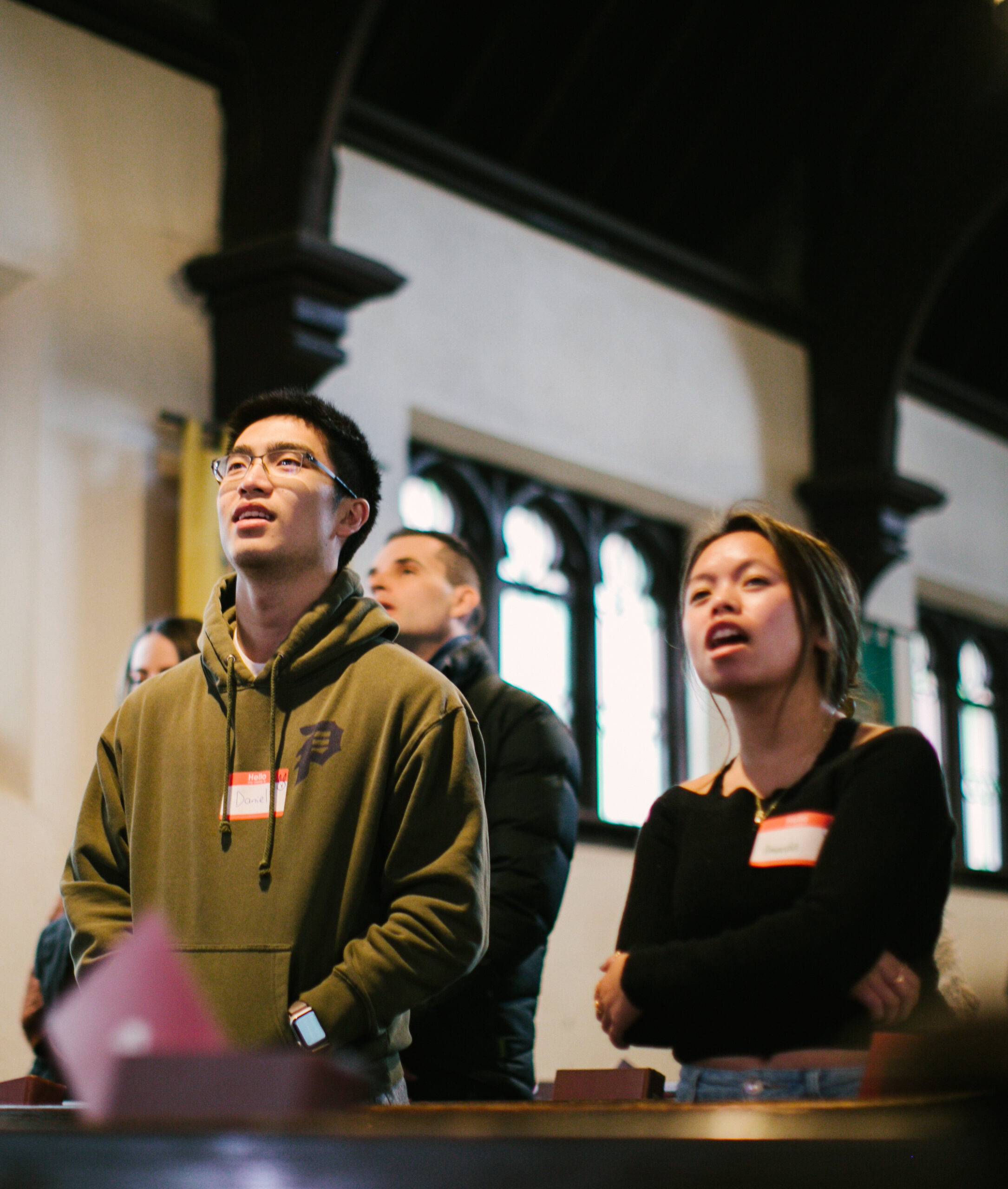Four congregations, one Highrock
Highrock’s congregations— three in Greater Boston and one Online— pursue the same mission, vision, and values in uniquely localized ways. Congregations share financial resources, staff, and Council members, and regularly collaborate in events and ministries. Use the arrows below to see our congregations at a glance.
-
Learn More About Arlington
Arlington
Worship with us on Sundays at 9:00am or 10:30am.
Contemporary music, reading of scripture, a relevant message, communion, and time to pray together. Childcare and Kidsrock is available at the 9:00 service for toddlers-fifth graders.
Conveniently located just off Massachusetts Ave. on Mill St. in Arlington, MA.

Arlington
Learn More About ArlingtonWorship with us on Sundays at 9:00am or 10:30am.
Contemporary music, reading of scripture, a relevant message, communion, and time to pray together. Childcare and Kidsrock is available at the 9:00 service for toddlers-fifth graders.
Conveniently located just off Massachusetts Ave. on Mill St. in Arlington, MA.
-
Learn More About Cambridge
Cambridge
Worship begins each Sunday at 1:30pm.
Gather in a historic setting and then stick around afterwards for a meal together.
Located a short walk from Harvard Square in Cambridge, MA.

Cambridge
Learn More About CambridgeWorship begins each Sunday at 1:30pm.
Gather in a historic setting and then stick around afterwards for a meal together.
Located a short walk from Harvard Square in Cambridge, MA.
-
Learn More About MetroWest
MetroWest
Worship begins on Sundays at 10:00am.
Weekly opportunities for Bible study and prayer groups.
Bring the kids for a dynamic Kidsrock program!
Easily accessible from the Boston MetroWest area in Needham, MA.

MetroWest
Learn More About MetroWestWorship begins on Sundays at 10:00am.
Weekly opportunities for Bible study and prayer groups.
Bring the kids for a dynamic Kidsrock program!
Easily accessible from the Boston MetroWest area in Needham, MA.
-
Learn More About Online
Online
Worship services premier on Sundays at 7:00am ET on YouTube.
Watch with others at 10:00am ET and then join for a discussion about the sermon at 11:00am ET via Zoom.

Online
Learn More About OnlineWorship services premier on Sundays at 7:00am ET on YouTube.
Watch with others at 10:00am ET and then join for a discussion about the sermon at 11:00am ET via Zoom.



